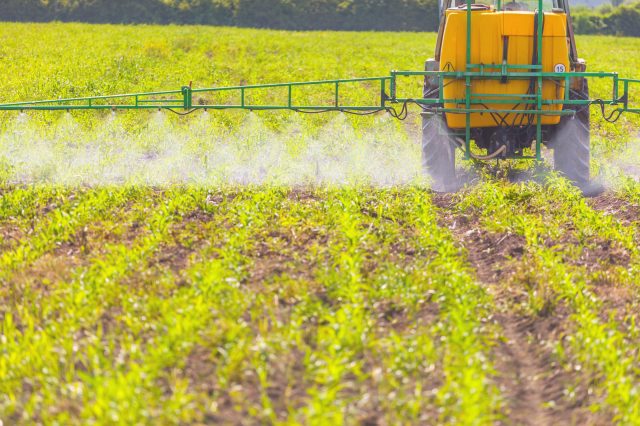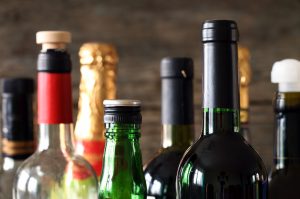Authentix developed a fuel marking system that is the first of its kind to be adopted by an EU-member state.
Liquefied petroleum gas (LPG) is a Greek success story. In recent years, Greek consumers have increasingly switched to LPG, using it both as an automotive fuel and a heating fuel, due to its lower price compared to gasoline or oil. In fact, official Greek sales of LPG reached 215,000 metric tons last year, up from just 4,200 tons in 2009.
Coral Gas has played a major part in that success. Formerly known as Shell Gas S.A., Coral Gas S.A. operates as a subsidiary of Motor Oil Hellas Corinth Refineries SA. Through its four plants in Athens, Thessaloniki, Ioannina and Crete, Coral Gas has helped make LPG a big part of everyday life in Greece.
The Attack
With success came a significant problem. Coral Gas was experiencing product quality problems due to dilution. It appeared that LPG that did not originate from the fuel retailer’s depots was being diluted and sold through its network of retail stations. This illicit activity had a negative effect on the Coral Gas brand, as consumers were no longer able to depend on the integrity of the LPG fuel they were purchasing. Manipulated fuel like this can lead to premature engine wear and tear, leading to costly repairs. Of course, it also leads to erosion of consumer trust in the brand creating significant revenue loss.
Defense
To defeat the LPG dilution problem, Coral Gas has introduced a powerful new weapon—a molecular marker, that is added to its automotive LPG products. This advanced authentication solution was developed by Authentix, the sole global provider of quantitative LPG marking technology.
To deter illicit fuel manipulation and protect Coral Gas’ brand integrity, Authentix’s team of subject matter experts in technology, program design and fuel authentication program management, collaborated with Coral Gas to support their business goals. Authentix developed a proactive, innovative solution that utilizes chemical markers built to withstand adulteration and illicit filtering methods. Authentix also provides in-house services and support (advisory, design, implementation and operations).
In the advisory phase, vulnerabilities in Coral Gas’s supply chain were identified. Using this information, the Authentix team provided a design template using its covert markers and analyzers to customize the program to Coral Gas’ needs.
The Pilot Program
Launched at one retail location in 2017, the pilot phase included the addition of a proprietary Authentix covert marker to Coral Gas’ automotive LPG. Using patented technology validated in both the field and laboratory, the Authentix team added quantitative fluorescent markers to legitimate fuel and measured for dilution. These markers are detected using special, intrinsically-safe readers.
The marker creates a unique fingerprint to identify legitimate fuel at retail sites, and is only visible with a highly-sensitive field detection device. Quantitative measurements of the marked LPG were taken using an Authentix LPX 1000 device reader. The device uses a monochromator principle to detect the presence of the optical marker in the fuel.
The Full Roll-Out
On October 8, 2018, Coral Gas began using LPG markers to protect their branded automotive LPG at approximately 350 retail sites, 100 of which are company owned/operated, and 250 that are dealer owned/operated.
As part of the program, Coral Gas is performing unannounced checks at service stations to ensure the quality and quantity of LPG. In addition, a state-of-the-art electronic system ensures the quality of the gas, accuracy of the mass meter controls, and that the program is being operated correctly by each Coral Gas distributor.
The program is designed to further advance the already-stringent quality controls that Coral Gas has in place. “The application of this molecular tracer system is part of the ongoing commitment to our customers to deliver quality fuels with excellent specifications,” said Coral Gas CEO Panagiotis Charitopoulos. “At Coral Gas, there are no compromises on quality issues and very high standards are maintained throughout our fuel management process.”
This is the first LPG marking system implemented in Europe. Working with Authentix, Coral Gas has implemented an effective solution to ensure that, every day, Coral Gas customers receive the precise, high-quality LPG that their brand promises.
Download PDF Here


